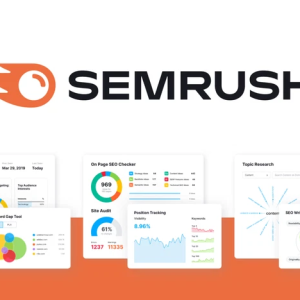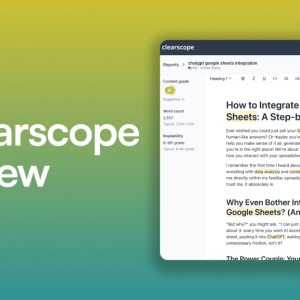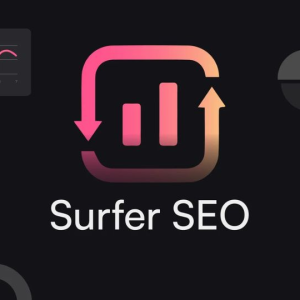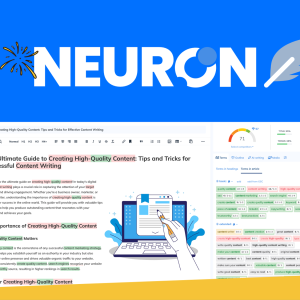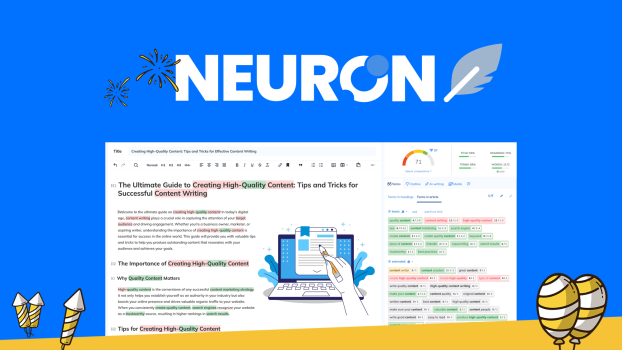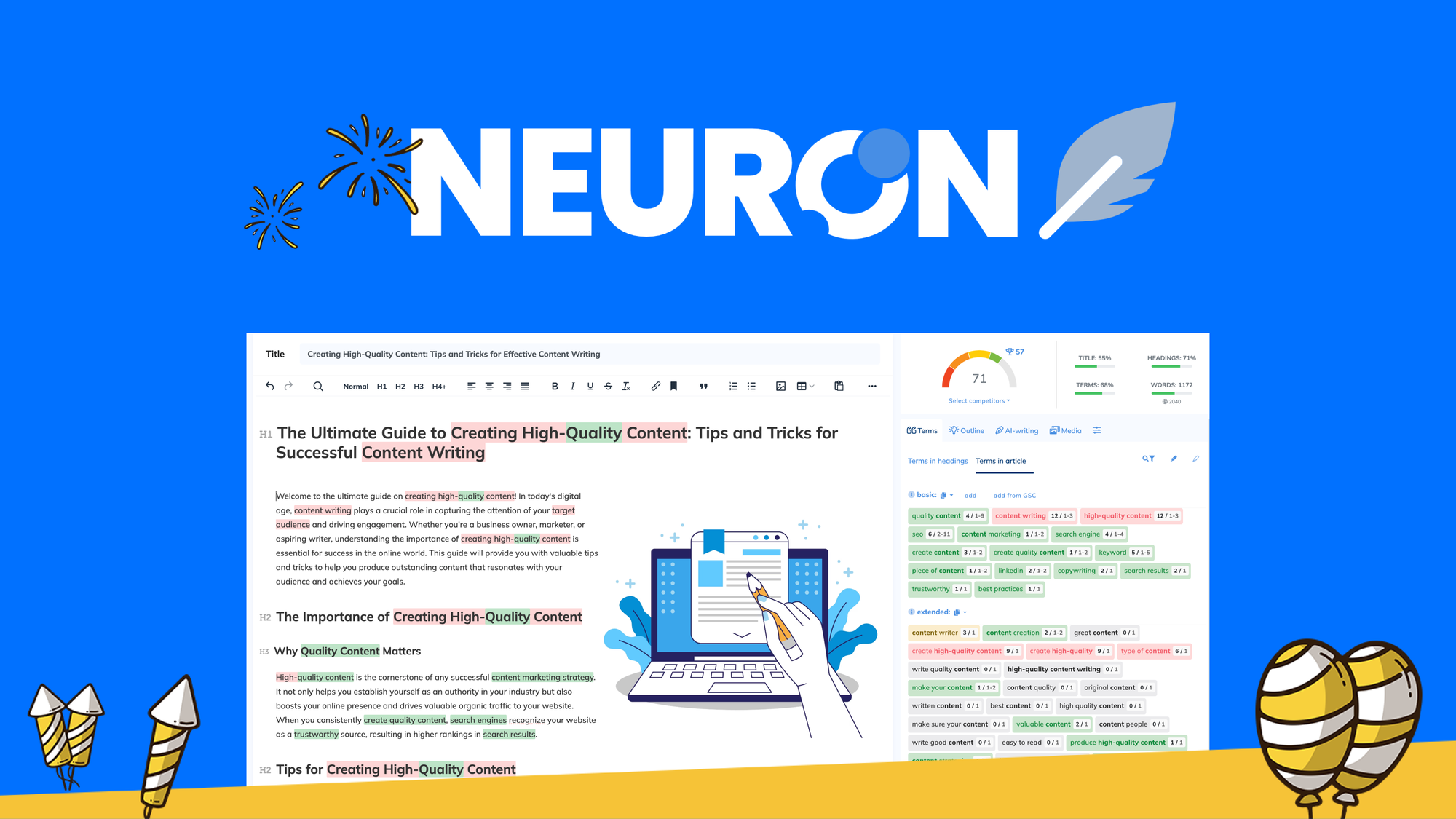AI SEO Tools: What They Do, Which Ones Matter, and How to Pick the Right One
AI SEO tools can speed up keyword research, content planning, on-page optimization, and writing workflows—without turning your site into "generic AI soup." This hub is your starting point: you'll find a quick explanation, selection criteria, a short list of featured tools, and links to deeper guides and comparisons.
Want the shortest path?
Start with the "Best AI SEO Tools" roundup, then jump into a tool pillar page that matches your workflow.
AI Search SEO: The Practical AI-First SEO Playbook (2026)
Tip: If you already have a content process, pick a tool that plugs into it instead of forcing a new one.
On this page
What AI SEO tools are (and aren't)
"AI SEO tool" is a broad label. Some tools focus on on-page scoring (content editors that guide you toward topical coverage), others focus on brief creation, SERP analysis, internal linking, or programmatic workflows. The best ones don't magically "rank your content"—they reduce the time you spend guessing what Google (and users) expect.
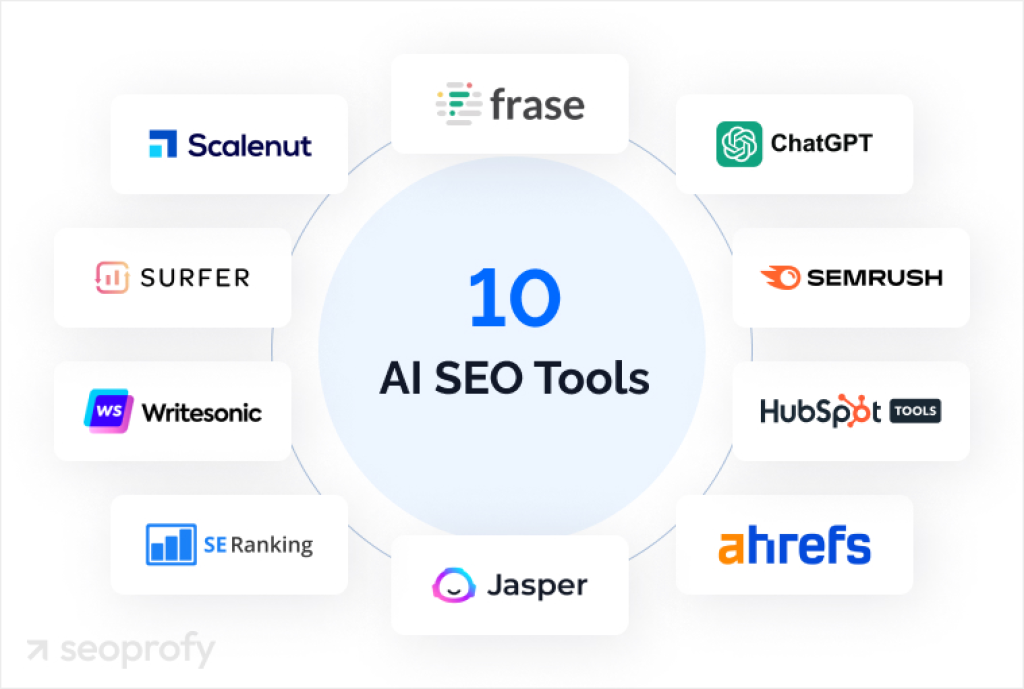
The trap I see most often: treating an AI SEO tool like a vending machine. Insert keyword → receive article → publish → hope. That approach can work short-term, but it's fragile. The safer approach is using AI to handle the repetitive parts: outline, coverage checks, content refresh, and scaling experiments—while your site keeps a clear voice and a human reason to exist.
Who benefits most from AI SEO tools

- Affiliate site builders who need repeatable workflows for reviews, comparisons, and "best of" pages.
- Content teams that need briefs, consistency, and faster updating of older posts.
- Solo creators who want structure (without spending hours inside spreadsheets and keyword lists).
- SEO consultants who need quick diagnostics and content refresh playbooks for clients.
Quick navigation:
If you're building topical authority, start with the category roundup: Best AI SEO Tools. If you already chose a tool, jump straight to its product pillar page (examples below).
How to choose an AI SEO tool (criteria that actually matter)
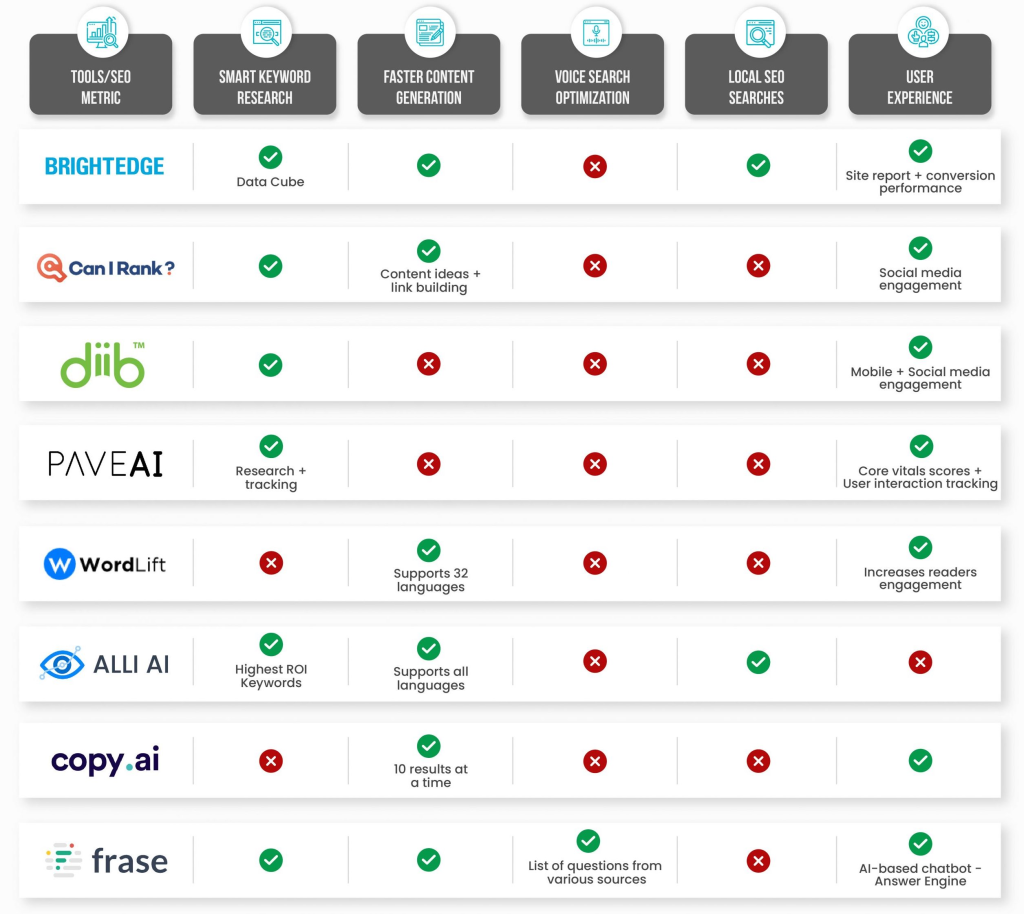
Don't choose based on shiny dashboards. Choose based on where you lose time today. Here are the selection criteria that tend to decide whether a tool becomes part of your workflow—or gets canceled after a month.
1) Your primary job-to-be-done
- On-page optimization: You want a content editor that guides topical coverage and structure.
- Content planning & briefs: You want SERP analysis, outlines, and briefing features.
- Scaling production: You want templates, teams, and consistent processes across many posts.
- Refresh & update: You want content audits, gaps, and "what to improve" suggestions quickly.
2) Quality of recommendations (not the score)
Content scores are useful only if the recommendations are sane. A good tool helps you cover subtopics naturally. A bad tool pushes you into keyword stuffing and weird phrasing—then the page reads like a robot trying too hard.
3) Workflow fit
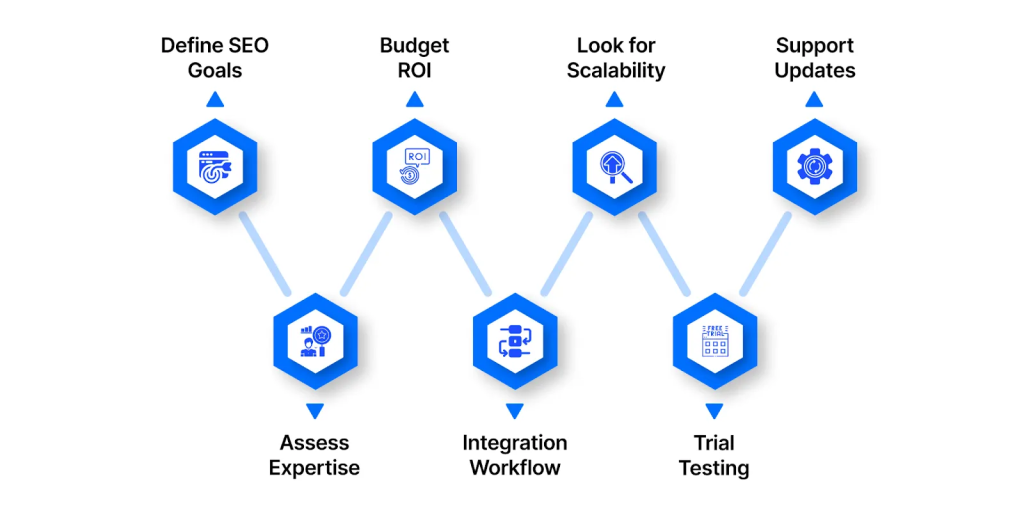
Check whether it fits your writing stack: Google Docs, WordPress, Notion, or a custom pipeline. If exporting and formatting is annoying, you'll avoid using it when you're busy (which is exactly when you need it).
4) Cost-to-output ratio
The real question is: "How many publishable pages per month can this tool help me produce or improve?" If a tool saves you two hours per post (research + outline + coverage check), it can pay for itself fast.
5) Data trust & SERP alignment
Does the tool show you the SERP patterns clearly? Can you understand why top pages rank (intent, format, subtopics)? Tools that help you see structure beat tools that only generate text.
3 Featured AI SEO tools (3 examples)

Below are three popular options in this category. This is just a sample "mini loop." On your site, you can replace this block with an automated product loop that pulls from your product pillars.
NeuronWriter
Best for: content briefs + optimization workflow on a budget.
NeuronWriter is a practical pick if you want a guided editor and clear steps to improve topical coverage. It's not the flashiest—sometimes that's the point.
NEURONwriter
Use semantic recommendations to boost your SEO and plan high-ranking content. NeuronWriter is an AI-assisted SEO writing and content optimization tool that helps you plan, write, and improve pages using SERP-informed suggestions—without turning your content into bland "AI mush."
Product Pillar · Review · Coupon · vs Surfer · vs Frase
Surfer SEO
Best for: established teams and rigorous content editor workflows.
Surfer is often the "default" reference point for on-page tools. If you want structured optimization and a mature feature set, it's a strong baseline—especially when you already publish regularly.
Product Pillar · Review · vs NeuronWriter
Frase
Best for: fast SERP research, outlines, and content brief creation.
Frase shines when you want to understand what top pages cover and produce a solid brief quickly. It's especially useful if your bottleneck is research and outlining—not writing speed.
Product Pillar · Review · vs NeuronWriter
Not sure which one fits?
Use the roundup as a "decision map," then open the pillar page of your top 2 candidates and compare pricing + workflow fit.
Recommended guides (build topical authority around AI SEO)
Best-of pages (commercial)
- Best AI SEO Tools (overall roundup)
- Best AI SEO Tools for Affiliate Sites
- Best AI SEO Tools for Content Teams
Guides (informational)
- How to Use AI for SEO (without killing your brand voice)
- AI SEO Content Brief Template (copy/paste workflow)
- A Repeatable Content Optimization Workflow
- How to Refresh Old Content Using AI (step-by-step)
Glossary & concepts (supporting cluster)
- Topical Authority (/ai-seo-tools/glossary/topical-authority/)
- Search Intent (/ai-seo-tools/glossary/search-intent/)
- Content Gap Analysis
- On-Page SEO
Internal linking rule for this hub: link down to pillars and guides; pillars link back here as "category context."
FAQ: AI SEO tools
Do AI SEO tools replace an SEO strategy?
No. They can speed up execution—briefs, coverage checks, updates—but you still need strategy: topical map, internal linking, content quality standards, and a consistent publishing cadence.
Will AI-generated content get penalized?
In practice, thin and low-value content gets filtered out—whether written by AI or humans. The safer approach is to use AI for structure and acceleration, then add real-world clarity: examples, decision logic, and honest trade-offs.
What's the fastest way to pick a tool?
Choose based on your bottleneck: research/briefing, on-page optimization, or scaling production. Then shortlist 2 tools, open their pillar pages, compare workflow fit + pricing, and commit for 30 days.
Next step:
If you're building an AI SEO content system, start with the roundup, then pick one tool pillar page and follow its subpages (review, workflow, comparison, coupon) as your "mini funnel."
Disclaimer: Some links may be affiliate links. If you buy through them, the site may earn a commission at no extra cost to you.

